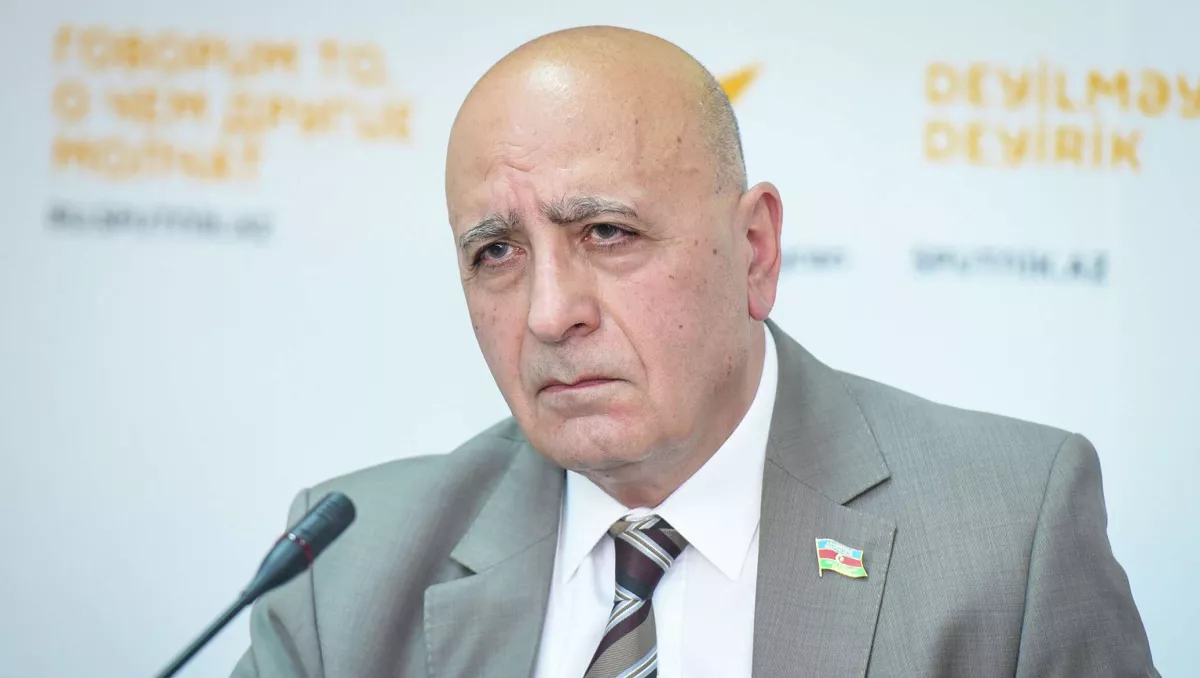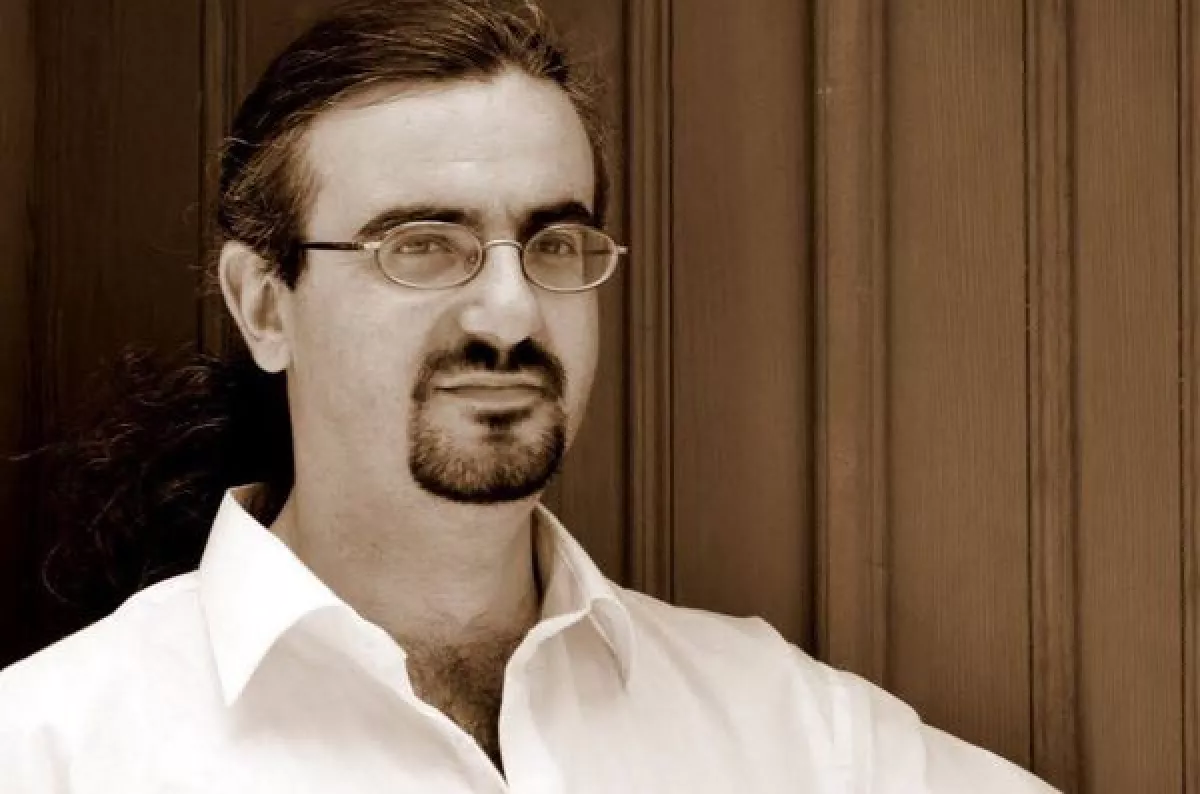Iran’s view of Azerbaijan: Between regression and progress Expert opinions on Caliber.Az
Two distinct lines are becoming increasingly visible in Iran’s foreign policy: one aimed at building peaceful and constructive relations with its regional neighbours, and another that continues the aggressive stance of the ayatollahs—those who harbour hostility toward anyone who thinks or acts differently.
While Ali Akbar Velayati, senior adviser to Iran’s Supreme Leader, views Azerbaijan as a threat and sees the creation of the Zangezur corridor as an expansion by “Pan-Turkist circles,” the newly elected President of the Islamic Republic, Masoud Pezeshkian, speaks of cooperation with Baku in markedly friendly tones.
“Azerbaijanis are our kin, our close ones. How is it possible that I cannot go there and form an alliance, but Israel can? I must ask myself: ‘What is my mistake—why have I failed to establish friendly and healthy relations with my brothers and sisters, while Israel has succeeded?’ I am the one at fault, not them. They are our brothers and sisters, our relatives and loved ones,” Pezeshkian said. Incidentally, he recently visited Karabakh, including the city of Shusha—an act that provoked hysteria in Armenian opposition media.
It is becoming increasingly clear that a clash between these two political lines in shaping Iran’s relations with Azerbaijan is inevitable. In this context, what are Baku’s prospects for its relationship with Tehran? Is there any hope that Pezeshkian’s approach—dependent as it is on the position of Iran’s Supreme Leader Ali Khamenei—can eventually establish a new reality in Azerbaijani-Iranian relations?
An Azerbaijani political analyst and an Israeli expert on Iran shared their views on these questions with Caliber.Az.

According to Rasim Musabayov, a member of the Azerbaijani parliament and political analyst, conservative ideologues like Velayati—as well as institutions such as the Islamic Revolutionary Guard Corps (IRGC), which seek to pressure or subjugate neighbouring countries through ideological-political control, and to suppress any attempts at self-determination by Iran’s multi-million-strong ethnic communities, such as Azerbaijanis and Kurds—are only dragging Iran into regression.
“Shiism is a religion, but in Iran it has been turned into state policy. All of this poses a threat to Iran’s internal unity and development as a state and is perceived with deep suspicion and negativity by its neighbours. This is exactly what Pezeshkian means when he says that Iran is isolated and internally divided, which is the result of the policies pursued by the mullahcracy. These policies are fundamentally flawed and have led to a situation where Iran—whose economy and GDP thirty years ago were almost three times greater than Türkiye’s—now lags behind it by half,” the analyst said.
In his view, neighbouring countries have moved forward, while the Islamic Republic of Iran has become mired in ideological stagnation.
“This is the difference between the position of the conservatives, represented by Velayati, and that of Pezeshkian, who is calling on Iran’s political class to reflect on the consequences of the misguided policies being implemented both domestically and towards neighbouring states. I believe the clash between these two lines will intensify. It’s difficult to say which side will prevail, but Pezeshkian represents a realistic and forward-looking position focused on development, while the conservatives are pulling Iran backward into the swamp of a completely unproductive and bankrupt policy,” Musabayov concluded.

Israeli Iran expert and journalist Mikhail Borodkin believes that the situation is becoming tense—and even dangerous.
“The hardline rhetoric voiced by Velayati and others was initially intended purely for domestic consumption. This is propaganda deployed by the Iranian regime to rally the public after its defeat in the 12-day war. The regime wants to portray the country as surrounded by enemies, to foster a siege mentality and divert attention from real issues like water shortages, power outages, and more.
However, on the international stage, a far more moderate and peaceful line has been presented—one expressed by Masoud Pezeshkian and other centrist politicians who advocate building good relations with all neighbouring countries. It’s important to remember that the president would not be speaking this way without the approval of Supreme Leader Khamenei—he wouldn’t be able to make such statements if the Rahbar were opposed. As a result, while Velayati calls the Zangezur corridor a threat to Iran’s territorial integrity, others say Iran should join the project and use it to its own advantage,” the expert noted.
In his view, on the one hand, Velayati’s harsh rhetoric is just words. But as has happened too often, regimes like Iran’s can get carried away with their own messaging—and move from words to action. Radical politicians in Iran currently wield far more influence than moderates, so vigilance is essential.
“Overall, Iran today is witnessing a struggle between two camps—radicals and moderates. The radicals call for ignoring the West and taking a hardline approach, while the moderates fear a second round of war and would prefer to reach an agreement. When and if a dialogue begins between Iran and the U.S., it will become clear which side has prevailed: if the talks are constructive, it will be a win for the moderates; if events follow the same path that led to the 12-day war, it will signal that the radical conservatives have completely sidelined their opponents. This will also affect relations between Tehran and Baku,” Borodkin concluded.








